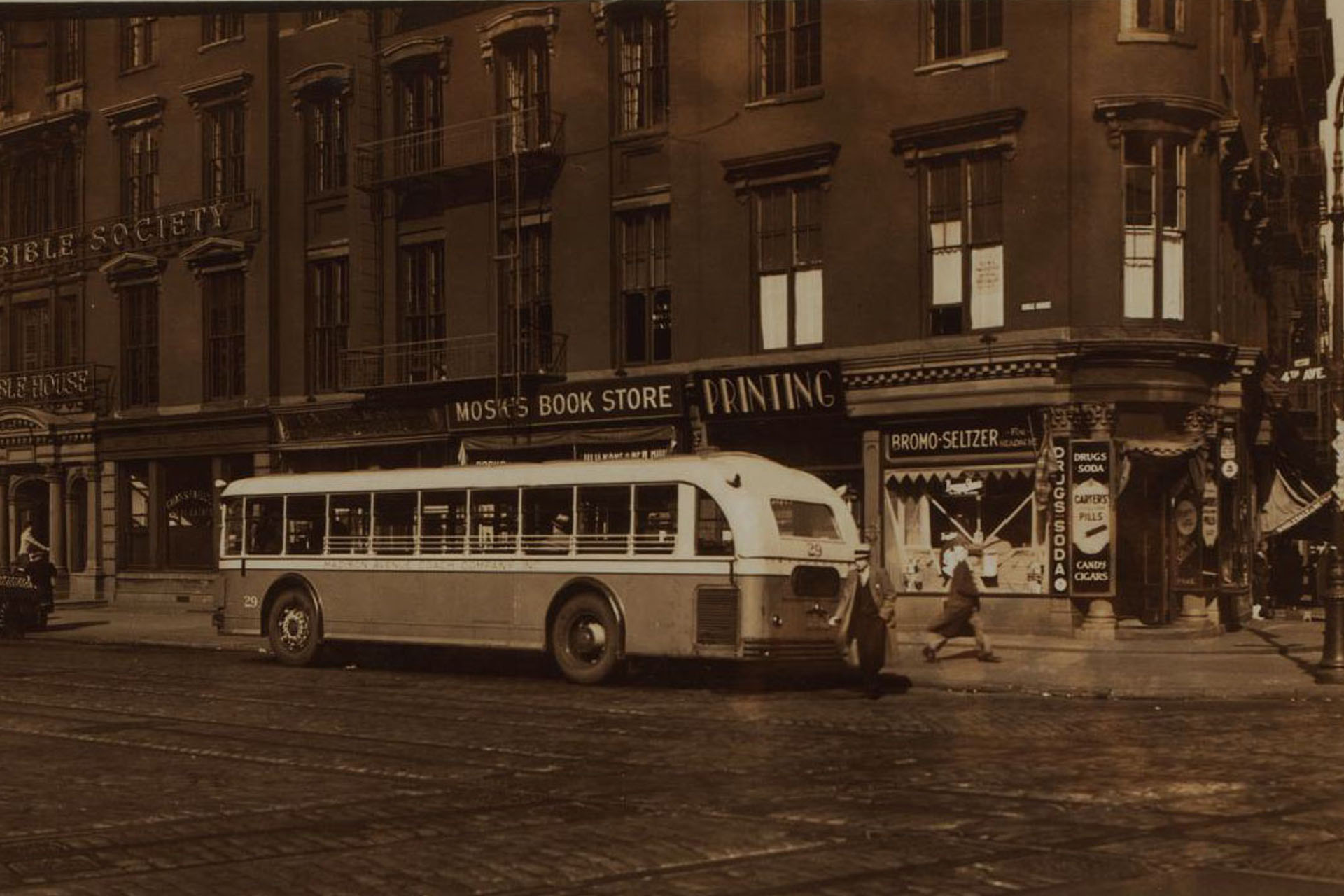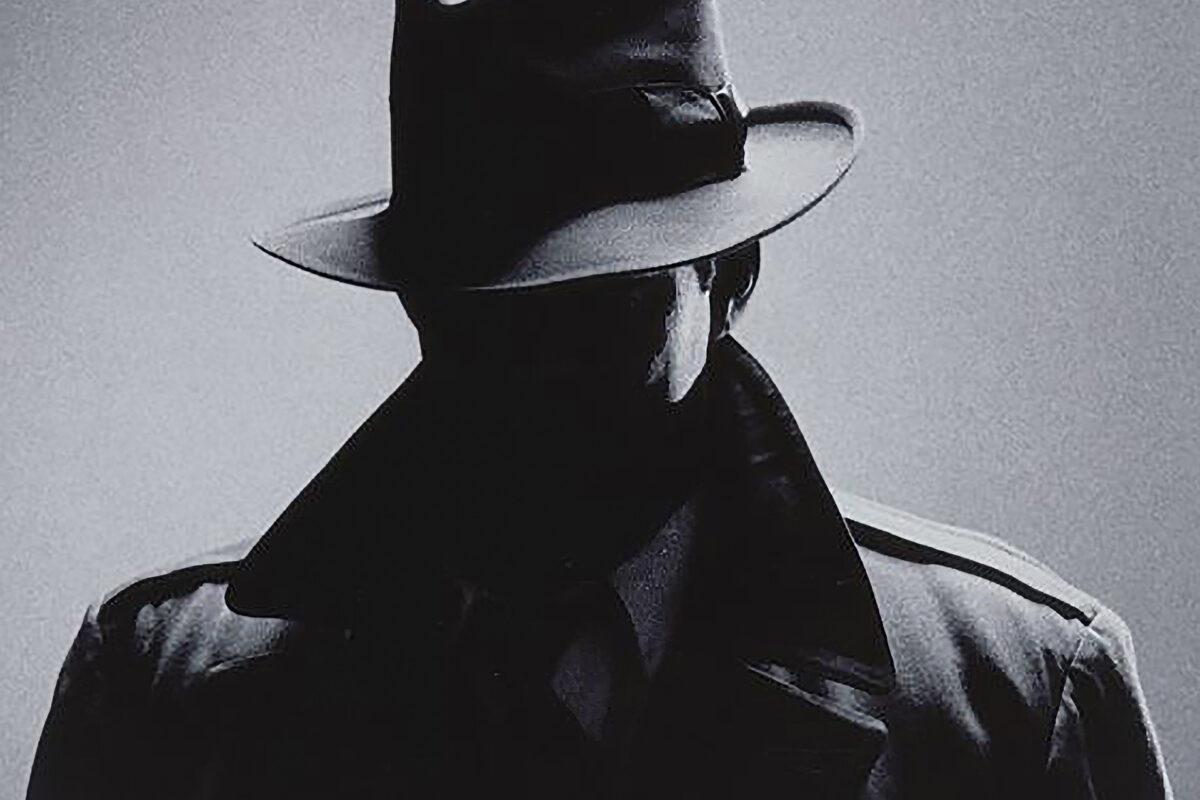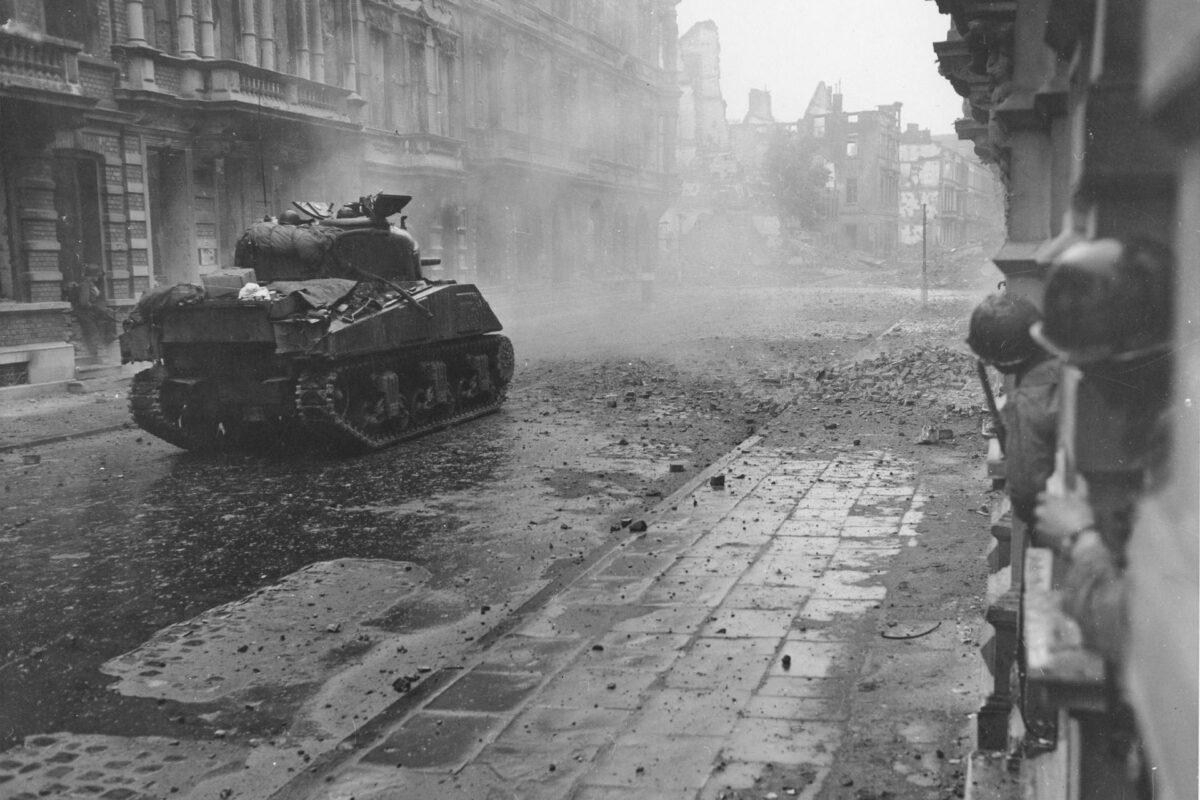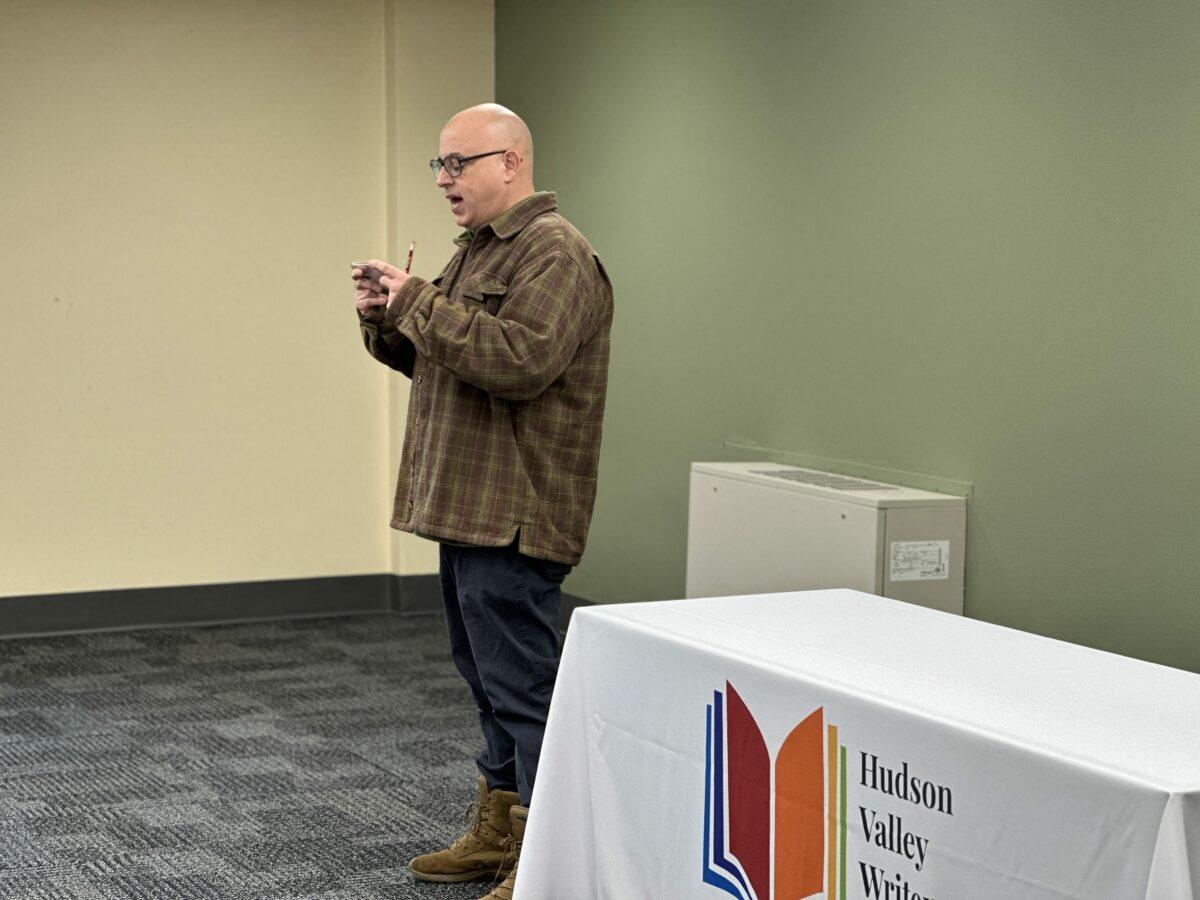On November 9th, 1985, just three days before his 60th birthday, Howard Alan Bloom was magically granted the power to redo one single day in his life. There were no strings attached to this offer. There would be no soul-selling. No demonic signatures to come back to haunt him while he sat contentedly playing scrabble with his loving wife and beautiful family. No pesky devils, no angels, and no complications.
Act I
“Bullshit,” Howard said when he heard the offer.
The man who had spoken cracked a slight smile. He had entered Howard’s living room ten minutes before without so much of a wisp of wind. He had vanished just as uneventfully.
Howard hadn’t the slightest sense that he wasn’t alone. His wife and kids had gone to a movie and he had been sitting on his favorite leather recliner, captivated by the latest apocalyptic sci-fi sex filled morality tale he’d borrowed from a friend. Howard was always borrowing books, even from people he hardly knew. This pissed off his friends no end.
“Why is the world does he have to borrow books?” Howard’s friend Jerry Schatz once complained to his wife. “He owns a bookstore for Christ’s sake!”
Jerry’s wife looked thoughtful—or worried, after twenty years of marriage he still couldn’t read her. “Holly said he just can’t help himself, he loves books, it’s in his blood. Anyway, he never borrows a new book or bestseller.
“That’s because once the binding is broken, they no longer look new.”
“Who cares about a book once you’ve read it?
“Are you serious?” Jerry sneered, “There’s a lot of money in used books. He probably stashes them in his storeroom until enough time goes by that he can stick it in the discount barrel.
“Oh Jerry, don’t be so cynical.”
“Mark my words, one day it’s going to come back to bite him in the ass.”
But not yet.
In fact, just last week Naomi and Nina, ages14 and 16, waited impatiently in the family’s brand-new BMW, while Howard talked in low furtive tones to Mr. Shot, their music teacher on the porch of his craftsmen special.
Howard handed over eighty bucks for a first edition of a John LeCarre anthology that ran over a thousand pages and was worth eight times that much, sure that the old man wouldn’t know how rare it was. Bloom left with a satisfied grin until he heard Shot mutter “Yuden” under his breath.
“Kraut,” he whispered back.
The girls knew that the exchange had nothing to do with their music lessons, which were always paid by check by their mother. They’d seen this before. At least it cleared up the mystery of why Howard insisted on picking up the girls from Shot’s house himself.
Nina held her nose, “That old man smells like rotten eggs.”
“Rotten flesh is more like it,” parried Naomi.
“Yuck, “said Nina, “he’s a sweet man but I’m not going back, no matter what daddy says. I’m like so grossed out I’m not even waiting for a shower; I’m jumping into the pool.’
“I’m jumping in with you,” said Naomi
“Fine,” Nina raised an eyebrow, “but just make sure Juan puts in some extra chlorine.”
The both laughed.
The Shop
Howard’s bookstore was very different than one of those ubiquitous big box stores, which had suddenly populated the long congested trafficked spaces between the new, exclusive suburbs. In fact, his store was twenty-three miles away, a quarter mile from the Brooklyn Bridge on the Manhattan side.
“Joe’s book Mart” was a thin slice of a storefront in an office building built in the mid 1800s tucked near an alleyway off Park Row. Inside it was all dark wood and reeked of books and furniture polish. The ladders attached to the gleaming mahogany bookshelves were three stories high and lent gravitas to the tacky moniker that graced the outside.
“The Mart” was always mentioned in “New York Treasures.”
The store was a goldmine.
“To the building!” He’d shouted to himself after he bought the house in the Hamptons two years ago and rented an apartment in Brooklyn Heights with a cleaning girl that came in once a week and a mistress named Ashley that went out or stayed in at his whim.
It was true that in his business life Howard was pretty much a cheat and a miser, but like many others of his generation he tried to be a good neighbor, gave money and time to his synagogue, and spent lavishly on his wife and spoiled his two lovely children, Naomi and Nina. The alliteration, by the way was unintentional, their names—as lovely as they might be—were dictated by the eastern European Ashkenazi tradition of honoring one’s dead relatives. Howard’s father’s name was Nathan, (that did it for Nina) and Nathan’s brother was named Norman (zing, zam, zoom—here comes Naomi). Nathan and Norman were long buried in a conservative Jewish cemetery in the Bronx, so they had no opinion about it, but Holly, who wasn’t Jewish, lodged a complaint.
Holly really didn’t have a chance against her mother-in-law, Sadie Bloom. Sadie was the matriarch of the family. She minded everybody’s business and had lived with “the kids” (Holly and Howard) since Norman, her “beloved husband” of fifty-seven years, had died.
“Tell me again why Sadie can’t live with your brother?”
“Lloyd’s going through a lot right now.”
“You mean his wife said no.”
“Holly, she’s, my mother.”
And just like that, once again, that was that.
And so, Sadie moved in. Before long she was playing Mah-Jong twice a week with “her cronies” and watching television at full volume every night until she would finally fall asleep—never before One in the morning—when Holly would have to tip-toe into her bedroom and shut the TV off. Often Holly would fantasize Sadie’s demise as she slipped the remote out of her mother in law’s knobby hands.
Matters became worse when Sadie was forced to give up her driving rights after she backed into a family of illegal immigrants who had just jumped out of a dumpster in the back of Filenes. This had pissed of Holly no end, since now she could add chauffer to her list of duties.
It had really been Sadie’s wish that the first-born be named after her father. Holly had already picked out the name Emily or maybe even Amelia, when Howard had come to her with the Nina idea.
“That’s so Jewish,” said Holly.
Howard blanched.
“I didn’t mean that the way it sounded.”
Holly knew she didn’t have a chance. “Shit,” she said to herself.
“Look,” said Howard, “It’s an old lady’s last wish.”
Holly recovered quickly. “You aren’t serious. That woman’s going to live to a hundred and ten.
“She was clutching her heart when I walked in to her room this morning.”
“The heart murmur. “
“Yes. I guess so.”
“Funny how it comes back whenever she wants something.”
“That’s not fair.”
“But it’s true. And Emily is such a pretty name.”
“I agree. But so is Nina.”
Holly was suddenly very tired. “I guess.”
Howard took full advantage.
“Great. Then it’s settled,” he planted a kiss on her forehead.
Holly turned to look at her husband. She still loved Howard in spite of all the issues that seem to weigh them down. And there were some very heavy issues.
Here’s a short list of those issues:
- He cheated on her.
- He cheated on his business (more on that later).
- He was starting a horrible comb over.
- He really didn’t like his kids that much.
- He hated Holly.
Chapter 1
A categorical examination of the event (The Do-Over) from a historical perspective: The Blooms come to America.
Well, first, it won’t surprise you that Nathan and Norman came to America in 1927 on a boat full of peasants from Minsk, Russia. After leaving Ellis Island they settled on the lower east side. It was as bustling as in the old films except in color. The first thing they did was visit Uncle Schreble who gave the boys a bed and promised to find them a good job. They got a time-share on the bed but no job.
A couple of days later, they were red-eyed from not sleeping and full of scabs from the bed bugs.
“Nathan, this is not what I thought it would be like.”
Nathan scratched the back of his head, furiously.
Norman made a face.
“You look like a rabbit.”
Nathan looked disconsolate.
“I feel like one,” he squeaked.
“There’s only one thing to do.”
Nathan kept scratching.
“We go see the Rabbi?”
Norman scowled, “What are you a schmuck? You want to spend the next two weeks getting his food and listening to his rantings, just as if were back in Minsk?”
Norman folded his arms defiantly.
“No more Rabbis, no more synagogues, no more quorums or Shabbats, no more nothing but work until we make something of ourselves!
Nathan shivered.
“Are you serious Norman? Do you know what that means? Our family will disown us!”
“So?”
“So, they’ll welcome us back with open arms when we become rich!”
And that’s exactly what happened.
They worked for two years until finally they had enough money to buy a little business. The choice came down to either a little sweater factory or a bookshop.
Norman was keen on the bookshop. Nathan, as usual, was tentative.
“Norman, I know nothing about books.”
“Do you anything about women’s sweaters?”
“No. I guess not.” Nathan’s chin hit is chest.
“Alright! Then we go into the book business!”
Nathan still looked reticent.
“Don’t worry boy-chick, it’s a good business. Besides all our cousins are in the garment business, do you want to spend your life talking shop with cousin Schlomel or cousin Mordecai?”
Nathan finally cracked a smile.
“Okay! It’s beshet! We’re in the book business!”
In the next few years the store business tripled, Norman and Nathan each married and had four children between them. Norman had the boys, Howard and Lloyd and Nathan had the girls, Carol and Beth. The boys spent their childhood, learning the business and when the Nathan and Norman retired, they “sold” the business to their children.
1950: Howard the Magnificent
In business Howard was an animal, a real tough guy. In the beginning he bought much of his book inventory from hustlers he paid to steal from other stores. Lloyd managed to always look the other way. But when the store began to do real business, Howard was forced to start ordering from more legitimate distributors, although he never lost his penchant for picking up deals from people who weren’t quite respectable. Finally, after some years, cousin Lloyd developed a horrible wheeze, and had to cut down his hours. You always knew when Lloyd was in the shop, because it sounded as if someone was using a broken Hoover. But Howard was happy to keep him on staff to keep the uncles happy. Life was good, Howard was getting rich, and everything seemed to be going his way.
Then one day Stephanie Silverman walked the store. She also brought in the warm autumn breeze and rainbow-colored Oak leaf. She turned around and picked it up.
“Oh.”
Howard turned to see the redhead. It was love at first sight. She was tall, not taller than he, but tall. Slim. Well dressed. Jewish. Howard picked up the leaf and went to toss it into the trash. Stephanie held up her index finger.
“Please no.”
“Please no what?” asked Howard.
She gingerly pulled the leaf from of this outstretched hand.
“It’s too pretty to destroy. May I have it?”
And as quickly as that poor Howard was hopelessly in love.
Four months later they were walking down the isle at Temple Emanuel in Richmond Hill when Stephanie suddenly got cold feet. Everyone was surprised, except the Rabbi, (who was a learned man) and Stephanie, of course, who was four months pregnant with another man’s baby. After the chaos everyone calmed down. The attendance at the reception was pretty low, but all and all everyone got through it okay.
Howard took it very hard.
“That bitch!” he cried. “I would have made her a princess!”
Lloyd pointed out that she was already a princess.
“I know, I know,” lamented Howard. “That’s the trouble. She wanted for nothing!”
Howard dropped his head in his hands. “What do I do now?”
Lloyd looked puzzled. “What do you mean? You go out, you go to work, you make your living and you find another girl.”
Howard made a fist. “This time, a Shiksa.”
“No,” he waved his finger, “this you cannot do.”
But this he did. Which takes us back to the present.
Act Two
It took an hour for the man to convince Howard that he had, indeed the power—or at the least represented those that did—to grant him an extra day to make any changes he thought worthwhile. After the man had gone, Howard pondered, and thought, and reminisced, then began to figure out how he could make something really big out of this deal. The only stipulation the odd man had told Howard was that, “You cannot play the market, put down any wager or otherwise try to financially benefit.”
The man recited this as if he were reading from a script. Later, when Howard was trying to figure a loophole to this condition, he opined that making a buck would be paramount on most people’s mind so whoever was behind this must have wanted to be very exact about the wording.
We’re going to skip any supernatural razzle-dazzle that might have been necessary to finally convince Howard that the man was “kosher.” This is not that kind of story. You may feel free to insert any sort of magical mystery tour nonsense into that part of the story.
Howard mulled over his situation for the better part of a week. Was this an amazing, once in a lifetime windfall? Had he just fallen into the biggest score since Midas? He wasn’t so sure. Howard was ambitious, greedy and a gambler, but he wasn’t stupid. He knew this had ramifications that he couldn’t wiggle out of it he made a mistake.
To be continued…






